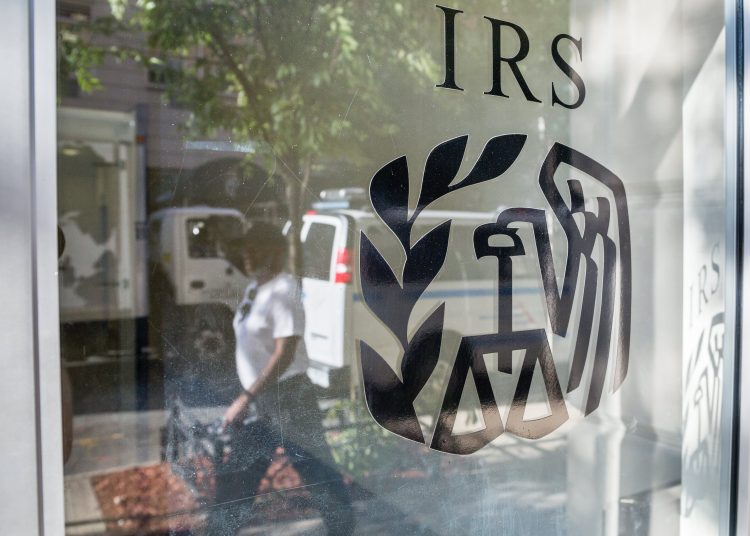An IRS office building in the East Harlem neighborhood of New York.
Timothy Fadek/Bloomberg via Getty Images
Last December, two Atlanta tax professionals pled guilty to a scheme that defrauded the IRS of more than $250 million in taxes.
The scam claimed more than $1.2 billion in fraudulent charitable deductions through so-called syndicated conservation easements, a strategy most taxpayers probably have never heard of.
Conservation easement tax incentives were created by Congress to help promote land preservation. Property owners give up certain rights with regard to use or development in order to keep the land as open space. In return, they get a charitable deduction to help offset the loss of value.
However, abuses of the incentives have popped up, targeted at taxpayers looking for deductions. People who invest in the deals may get inflated appraisals on the land, which then leads to higher tax deductions that are shared among a group of investors. Promoters of these deals typically promise big returns. In the case of the Atlanta tax professionals, they promised more than $4 in charitable tax deductions for every $1 invested with “no economic risk.”
More from Personal Finance:
How some companies play ‘fast and loose’ with executive benefits
IRS data shows some high income people received $1,400 stimulus checks
Many wealthy Americans escape big income tax bills
The IRS has increased its efforts to clamp down on these abuses.
In recent years, the IRS…



























































